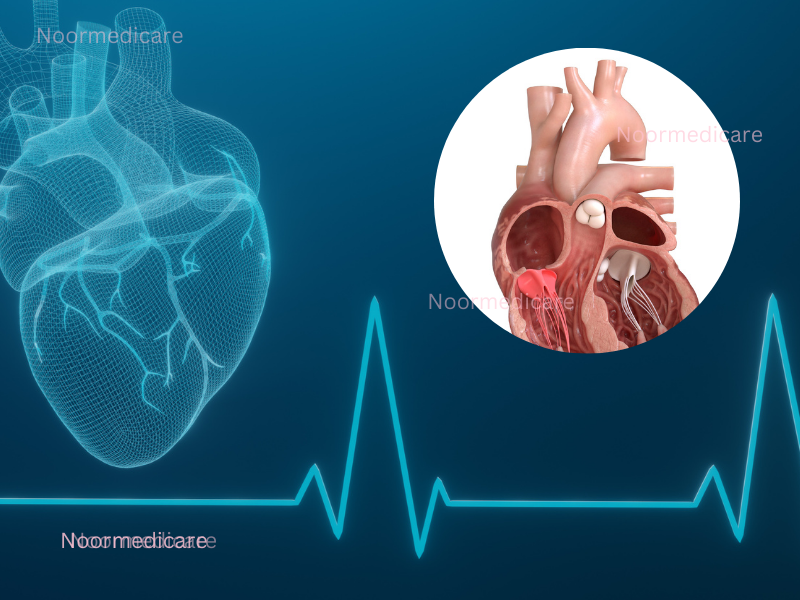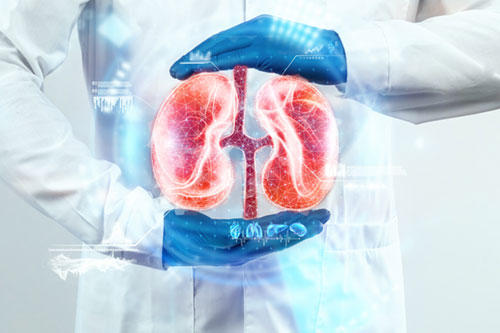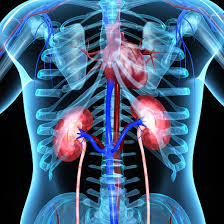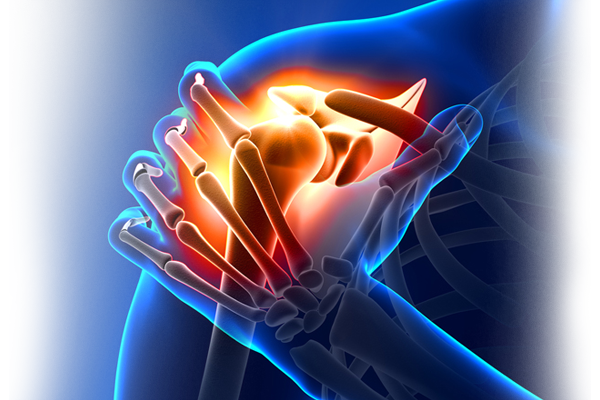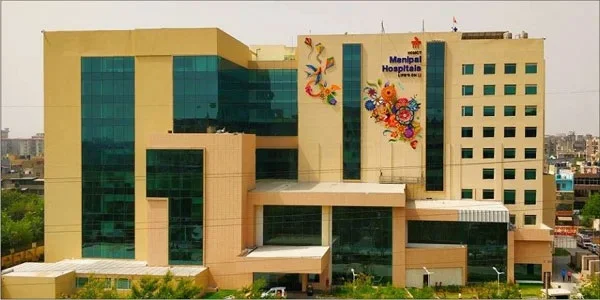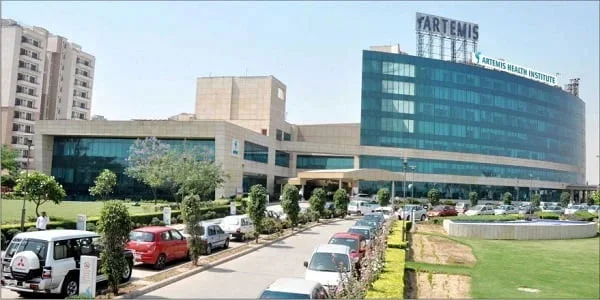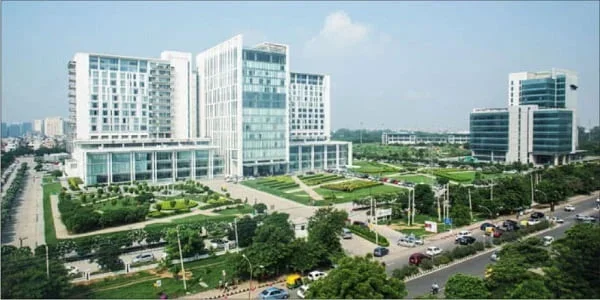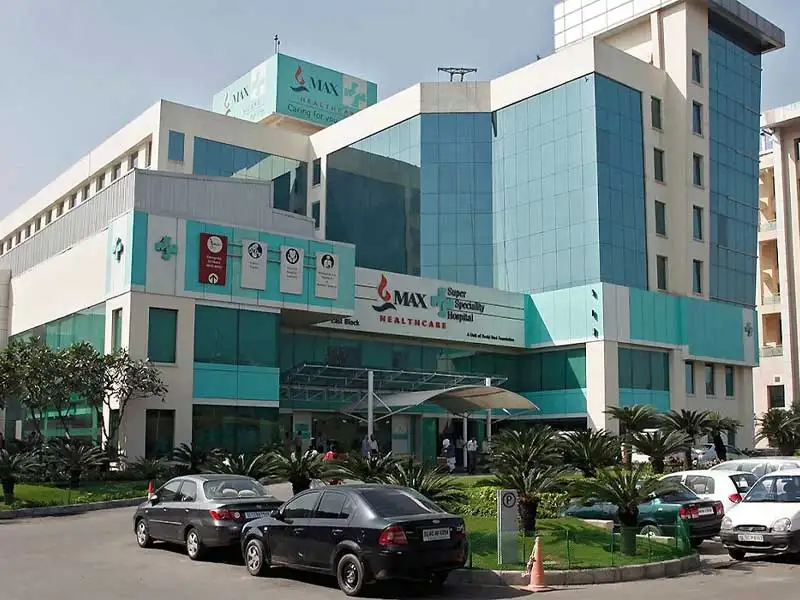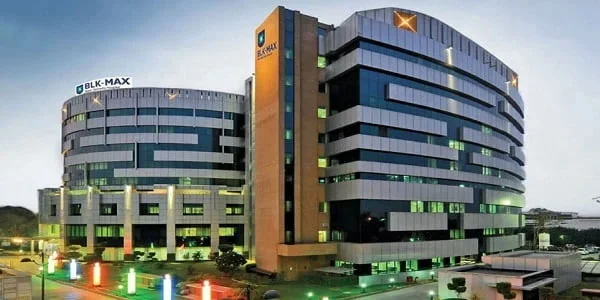Mitral Valve Replacement
Mitral valve replacement surgery is a procedure to replace a diseased or damaged mitral valve with a prosthetic valve in the heart. The mitral valve, located between the left atrium and left ventricle, plays a vital role in ensuring blood flows in the right direction within the heart. When the mitral valve malfunctions, it can disrupt blood flow and lead to various heart problems.
Why mitral valve replacement?
Mitral valve replacement surgery is typically considered when the mitral valve is severely damaged and cannot be repaired effectively. Here are some reasons why a doctor might recommend mitral valve replacement:
- Severe mitral regurgitation: This occurs when the mitral valve doesn't close properly, causing significant blood to leak backward from the left ventricle to the left atrium. This can strain the heart and lead to heart failure.
- Severe mitral stenosis: A severely narrowed mitral valve significantly obstructs blood flow from the left atrium to the left ventricle. This can decrease blood flow to the body and cause symptoms like fatigue and shortness of breath.
- Failed mitral valve repair: In some cases, a previous attempt to repair the mitral valve may not be successful, necessitating replacement.
Types of prosthetic valves used in mitral valve replacement:
There are two main types of prosthetic valves used:
- Mechanical valves: These valves are durable, lasting a lifetime, but require lifelong blood-thinning medication to prevent blood clots from forming on the valve.
- Biological tissue valves: Made from animal tissue (pig or cow) or human tissue (cadaveric), these valves don't require blood thinners but may eventually deteriorate over years, potentially requiring another replacement surgery.
The mitral valve replacement procedure:
Mitral valve replacement surgery is a major procedure typically performed under general anesthesia. The specific approach may vary depending on the patient's condition and surgeon's experience. Here's a general outline of the steps involved:
- Chest incision: A surgical incision is made, either down the middle of the chest bone (sternotomy) or through a smaller lateral incision on the right side (minimally invasive approach).
- Cardiopulmonary bypass: The heart-lung bypass machine takes over the functions of the heart and lungs while the surgeon operates on the stopped heart.
- Access to the valve: The surgeon accesses the mitral valve through the left atrium.
- Valve removal: The diseased mitral valve is carefully removed.
- Valve replacement: The prosthetic valve is sewn into place using sutures or an anchoring mechanism to secure it within the mitral valve annulus (the ring-like structure supporting the valve).
- Weaning off bypass and closure: Once the valve is replaced, the heart is gradually weaned off the bypass machine and allowed to resume beating on its own. The chest cavity is then closed with sutures or wires.
Recovery from mitral valve replacement surgery:
After surgery, you will typically stay in the hospital for several days for monitoring and recovery. Recovery at home can take weeks to months, depending on your individual health and the complexity of the surgery.
Here are some key aspects of recovery:
- Pain management: Medication will be provided to manage pain and discomfort after surgery.
- Physical therapy: Rehabilitation is crucial to regain strength, improve flexibility, and restore normal function.
- Medication: You may need to take blood thinners (if a mechanical valve is used) and medications to manage heart failure or other underlying conditions.
- Lifestyle changes: Maintaining a healthy lifestyle with a balanced diet, regular exercise, and managing stress is important for long-term heart health.
Risks and complications of mitral valve replacement surgery:
As with any major surgery, there are risks and complications associated with mitral valve replacement surgery, such as:
- Bleeding
- Infection
- Stroke
- Blood clots
- Kidney problems
- Irregular heart rhythms
- Valve dysfunction (failure of the prosthetic valve)
- Death (although rare)
If you have been diagnosed with severe mitral valve disease and your doctor recommends mitral valve replacement surgery, it's important to discuss the risks and benefits thoroughly. They can help you understand the specific valve options available, the potential impact on your lifestyle, and answer any questions you may have.
